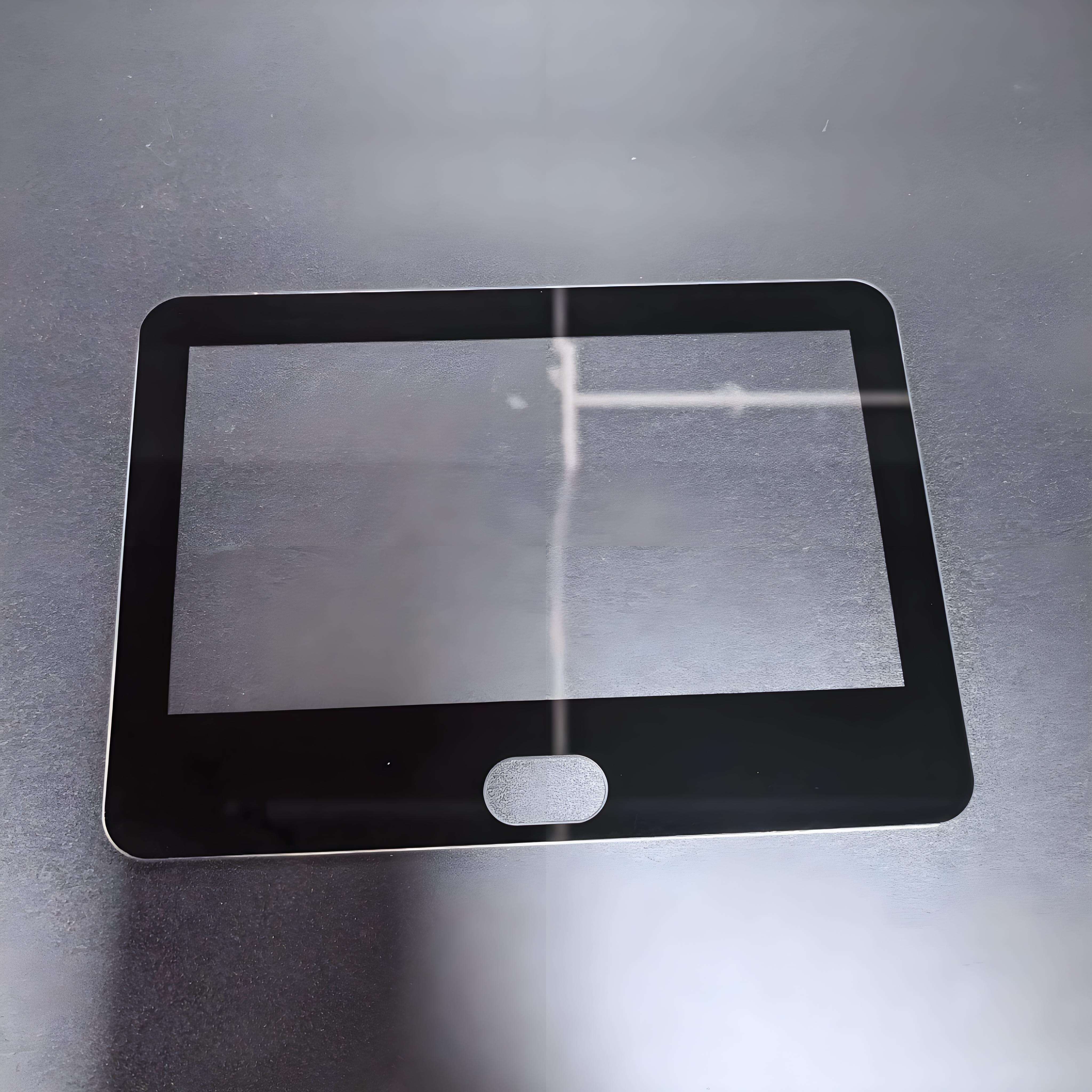Understanding Modern Glass Panels and Their Applications
Glass panels have revolutionized modern architecture and design, transforming the way we think about building materials. These versatile architectural elements consist of flat or curved glass sheets that serve both functional and aesthetic purposes in various settings. From sleek office buildings to contemporary homes, glass panels have become an integral part of our built environment, offering transparency, natural light, and sophisticated design possibilities.
The evolution of glass panel technology has led to remarkable improvements in durability, energy efficiency, and design flexibility. Today's glass panels are engineered to meet specific performance requirements while maintaining their signature elegant appearance. Whether used in exterior facades or interior partitions, these panels represent the perfect fusion of form and function in modern construction.

Types of Glass Panels in Modern Construction
Tempered Glass Panels
Tempered glass panels stand out as one of the most widely used varieties in construction. These panels undergo a special heating and rapid cooling process that increases their strength by up to four times compared to standard glass. The tempering process also ensures that if the glass panel breaks, it shatters into small, rounded pieces rather than dangerous sharp shards, making it an excellent choice for safety-conscious applications.
Modern buildings frequently incorporate tempered glass panels in areas where impact resistance is crucial, such as sliding doors, shower enclosures, and large window installations. Their durability and safety features make them particularly suitable for high-traffic areas and locations where building codes require enhanced safety measures.
Laminated Glass Panels
Laminated glass panels consist of two or more layers of glass bonded together with a specialized interlayer, typically made of polyvinyl butyral (PVB) or ethylene-vinyl acetate (EVA). This construction creates a highly resistant panel that remains intact even when broken, providing superior security and safety benefits. The interlayer also helps reduce UV radiation and noise transmission.
These panels are commonly used in skylights, security installations, and areas where maximum safety is paramount. Their ability to stay intact when shattered makes them ideal for overhead applications and locations where falling glass could pose a risk to occupants below.
Commercial Applications of Glass Panels
Office Building Facades
Modern office buildings extensively utilize glass panels in their exterior designs, creating striking facades that maximize natural light penetration while maintaining energy efficiency. These installations often incorporate specialized coatings and thermal barriers to optimize indoor climate control and reduce energy consumption.
The use of glass panels in commercial buildings goes beyond mere aesthetics. They contribute to workplace productivity by creating bright, open environments that boost employee morale and well-being. Additionally, these panels can be engineered to provide excellent thermal and acoustic insulation, meeting the demanding requirements of modern office environments.
Retail Storefronts
Retail establishments rely heavily on glass panels to create inviting storefront displays and maintain visual connection with potential customers. Large glass panel installations allow natural light to flood interior spaces while providing an unobstructed view of merchandise and store activities.
Modern retail design often incorporates smart glass panels that can switch from transparent to opaque on demand, offering flexibility in display arrangements and privacy when needed. These innovative solutions demonstrate the advancing capabilities of glass panel technology in commercial applications.
Residential Uses of Glass Panels
Interior Room Dividers
Glass panels have become increasingly popular as interior room dividers in residential settings. They offer the perfect solution for creating distinct spaces while maintaining an open, airy feel throughout the home. These panels can be customized with various finishes, from completely clear to frosted or textured, providing privacy options while allowing light transmission.
Homeowners appreciate the versatility of glass panel room dividers, which can be fixed or sliding, framed or frameless. These installations add a contemporary touch to living spaces while serving practical purposes such as noise reduction and space definition without sacrificing natural light flow.
Shower Enclosures and Bathroom Features
Modern bathrooms frequently showcase glass panels in shower enclosures, creating sleek, spa-like environments. These installations range from simple shower screens to elaborate custom enclosures that serve as stunning focal points. The use of specialized treatments and coatings helps maintain clarity while reducing maintenance requirements.
Glass panels in bathroom applications must meet specific safety standards while providing water resistance and easy cleaning properties. Advanced manufacturing techniques ensure these panels deliver both practical functionality and sophisticated aesthetics in wet environments.
Innovative Trends in Glass Panel Technology
Smart Glass Developments
The emergence of smart glass technology has introduced exciting possibilities for glass panel applications. These advanced panels can change their properties in response to environmental conditions or user commands, offering unprecedented control over light transmission, privacy, and energy efficiency.
From electrochromic glass that darkens electronically to thermochromic panels that respond to temperature changes, these innovations are reshaping how we think about glass in both commercial and residential settings. The integration of smart technology with traditional glass panels represents a significant leap forward in architectural possibilities.
Sustainable Glass Solutions
Environmental consciousness has driven the development of more sustainable glass panel options. Manufacturers now produce panels with enhanced insulating properties, solar control capabilities, and improved lifecycle assessments. These eco-friendly solutions help reduce building energy consumption while maintaining superior performance characteristics.
The future of glass panel technology continues to evolve with new coatings and manufacturing processes that prioritize environmental responsibility without compromising on functionality or aesthetics. This commitment to sustainability ensures glass panels will remain a relevant choice in green building design.
Frequently Asked Questions
How long do glass panels typically last?
High-quality glass panels, when properly installed and maintained, can last 20-30 years or more. Their longevity depends on factors such as installation quality, environmental conditions, and regular maintenance practices. Modern manufacturing techniques have significantly improved the durability and lifespan of glass panels compared to older versions.
Can glass panels be customized for specific applications?
Yes, glass panels can be highly customized to meet specific requirements. This includes size, thickness, color tinting, surface treatments, and special coatings for enhanced performance. Manufacturers can also incorporate various safety features, decorative elements, and smart technology integration based on client needs.
What maintenance do glass panels require?
Glass panels generally require regular cleaning with appropriate glass cleaners and soft cloths to maintain their appearance. It's important to inspect seals and frames periodically and address any signs of wear or damage promptly. Professional maintenance may be recommended for specialized treatments or coatings to ensure optimal performance and longevity.


